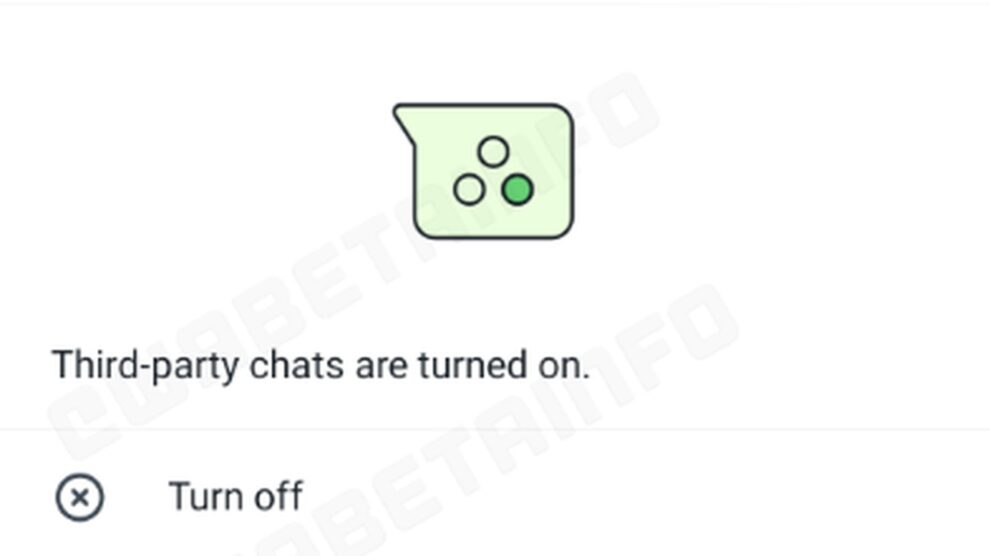In response to new European Union Digital Market Acts targeting anti-competitiveness of technology platforms, chat leader WhatsApp revealed plans allowing compatible third party messaging integration – albeit not without fresh dilemmas introduced around security, privacy and fragmented experiences based on analysis.
This article examines WhatsApp’s compliance actions around chat app interoperability, implementation tradeoffs weighed and potential usage paradigm shifts signified going forward as regulatory oversight looms globally.
Requirements Behind the Integration Move
WhatsApp’s concessions tie directly to specific EU regulations newly enacted seeking to spur platform fairness and contestability through mandates like:
- Requiring third party ancillary service integration access
- Restricting self-preferencing and skewed interoperability
- Increased accountability around algorithmic processes
By preemptively announcing plans permitting select rival chat apps usage directly within WhatsApp, they aim adhering to policymaker directives focused on mitigating gatekeeper control over key platform access points.

How WhatsApp’s Third Party Integration Works
While final technical qualification criteria and onboarding processes get drafted, WhatsApp outlined a broad framework for interoperating with its networks:
- Users first nominate and provide consent to activate secondary chat app linking
- Qualifying messaging platforms then get permissioning to appropriate API access
- Friend/contact discovery supported between disparate apps post granting access
- Multi-sided chats mixing WhatsApp, approved third parties supported
Effectively this opens previously restricted messaging ecosystem access benefiting competitive options through WhatsApp’s dominance foothold especially in European markets.
Key Benefits of External App Integration
Granting approved third party chat platforms conduits into its formidable user base offers a few tangible advantages including:
Increased Utility
For WhatsApp owners also relying on niche apps to connect with distinct groups, managing communications now simplifies by converging contacts under one umbrella.
More Feature Options
Access to unique capabilities like bots, communities or censorship circumvention offered by rivals but hitherto inaccessible gets enabled to WhatsApp owner populations.
Platform Contestability
By lowering exclusionary barriers, smaller secure messaging apps gain footholds chipping at WhatsApp strongholds through technical feature and experience differentiation.
Countervailing Considerations
However, increased interoperability also introduces thorny downsides around:
Data Security Dilution
Each additional third party app granted access increases potential attack surfaces through background processing permissions that could be exploited for breaches.
Metadata Privacy Erosion
Linking wider external services also expands user activity transparency that could enable deeper profiling of usage habits and communications metadata beyond sender-recipient anonymity.
Fragmented Experiences
Managing contacts and conversations across multiple messaging apps with divergent interfaces introduces cognitive overload diminishing overall user enjoyability over time.
WhatsApp’s Continuing Dominance
Looking ahead, while policy directed concessions enabling interoperability aim fostering more competitive digital markets, WhatsApp seems poised to continue domination through tactics like:
- Reinforcing end-to-end encryption as a key differentiator
- Rapid innovation matching smaller app feature velocity at scale
- Leveraging trust built over years of reliable global usage
Thereby while symbolic openings created help smaller rivals gain visibility, substantial user share shifts from an entrenched leader like WhatsApp remain longer term propositions needing dedicated cultivation.
Conclusion
WhatsApp’s move embracing interoperability highlights delicate balances between platform consolidation with fragmentation. While still early, effects from policy directed changes start slowly redrawing competitive dynamics across messaging domains.
But whether improved choice translates into meaningful traction for third party chat apps depends on consistently delighting users. For now, WhatsApp enjoys the pole position – though less uncontested thanks to regulatory action.










Add Comment